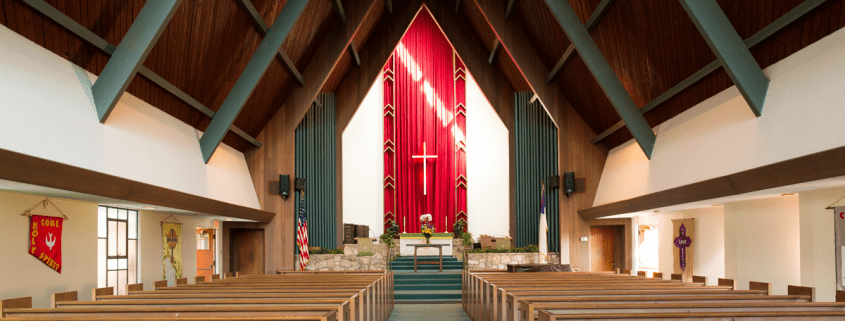The Peace of Christ
“Peace be with you.”
– Luke [24:36]
THE PEACE OF CHRIST
C.S. Lewis, the great English writer of the twentieth century, had spent his late teens and early twenties angry at God. As he stated, “I was angry with God for not existing.” An atheist for an extended period of time, he continually wrestled with God. He found the church boring and religion a chore. His belief was that if God existed, he would not have designed a world “so frail and faulty as we see.”
One of my favorite things about going to church is the “passing of the peace.” When we lived in Pasadena, California, we went to the Sierra Madre Methodist Church. We had selected the church because of its openness and its pastor. The pastor, Richard Lashure, was a former engineer. Rich had left the engineering world to pursue a path in ministry. Richard encouraged those attending church each week to “pass the peace”.
“We would greet each other by saying, “Peace be with you.” It was community time.”
When it came time for the congregation to pass the peace, he would allow it to go on for many minutes. We would greet each other by saying, “Peace be with you.” It was community time. A time to reconnect with our neighbors. It was a time when, for those moments, life was settled. We were removed from the world, but with each other. When the local bishop came to our church to participate in worship, he would remark, “That is the longest and sincerest passing of the peace I have witnessed.”
“The words, “The peace of Christ be with you” symbolize our deep commitment of faith. A commitment to our Christian beliefs.”
Later in life, when we were at another church, one of the congregants would say, “The peace of Christ be with you.” Each Sunday, I sought him out just to hear him say those words. In turn, I began to say them to others. The words “The peace of Christ be with you” symbolize a deep commitment of faith. A commitment to our Christian beliefs. An affirmation of the holiness of the passing of the peace. This deeper expression extended for me a more powerful meaning to the passing of the peace.
Jesus made this statement of “Peace be with you” after he rose. He made it to a group of people who were struggling with the events of his crucifixion. They were huddled in a small house, terrified and startled. Both by the recent events and by Jesus’s sudden reappearance. With these words, their terror slowly turned to joy. Jesus had risen. The events of the previous days began to make sense. They were alive again. They felt blessed. The word began to spread.
“The passing of the peace is not just a greeting we share at each service. It is also a blessing we share with each other. We are praying for each other. “
The passing of the peace is not just a greeting we share at each service. It is also a blessing we share with each other. We are praying for each other. We are asking God to give peace to others. We also share in the initial moments of Jesus’s post-Resurrection ministry. He no longer was, but is. We cross over the threshold of our everyday world into a world of royal priesthood. We are empowered at least for that moment to be Christians.
The peace of Christ be with you.
Blessings, until next time,
Bruce L. Hartman
PARTING THOUGHTS
How deeply we do express our peace?
How comfortable are we in expressing “Peace be with you”?



